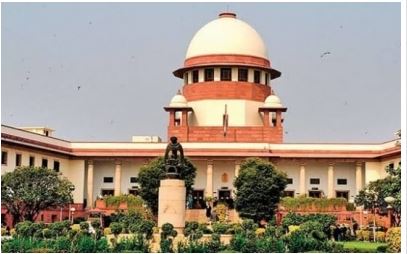The Supreme Court of India made a notable observation that some convicts seem to be “more privileged” when it comes to receiving benefits like remission. The comments came during a hearing that questions the grant of remissions to 11 individuals convicted in the Bilkis Bano gangrape case and the murder of seven of her family members during the 2002 Gujarat riots.
Senior advocate Siddharth Luthra, representing one of the convicts, Ramesh Rupabhai Chandana, argued that remission for the “reformation and rehabilitation” of life-term convicts is an internationally accepted practice. He stated that opposing the state action, especially after the convicts had spent 15 years in jail, was not justifiable at this point.
The bench comprising justices BV Nagarathna and Ujjal Bhuyan told Luthra, “We understand the concept of remission. But here, they (the victim and others) are questioning this in the present case.” They also requested the lawyer to provide past judgments on pleas against the grant of remission.
Earlier, on August 17, the Supreme Court had advised state governments not to be selective in granting remissions and emphasized that every prisoner should have the chance to reform and reintegrate into society.
In addition to Bilkis Bano’s petition against the remission, multiple Public Interest Litigations (PILs) have also been filed. These include petitions from TMC MP Mahua Moitra, CPI(M) leader Subhashini Ali, independent journalist Revati Laul, and former vice-chancellor of Lucknow University Roop Rekha Verma.
Bilkis Bano was 21 years old and five months pregnant when she became a victim of the riots that followed the Godhra train-burning incident. Her three-year-old daughter was among the seven family members who were killed during the tragic events.
Moitra condemned the crime as a “crime against humanity” and accused the Gujarat government of failing its constitutional mandate to protect the rights of women and children by granting remission to the 11 convicts.
The court is set to resume hearing the case on September 20. The ongoing debate brings into focus the complex issues surrounding judicial discretion, societal values, and governmental policy in the granting of remission to convicts. It also raises questions about the equity and fairness of the criminal justice system in India.
